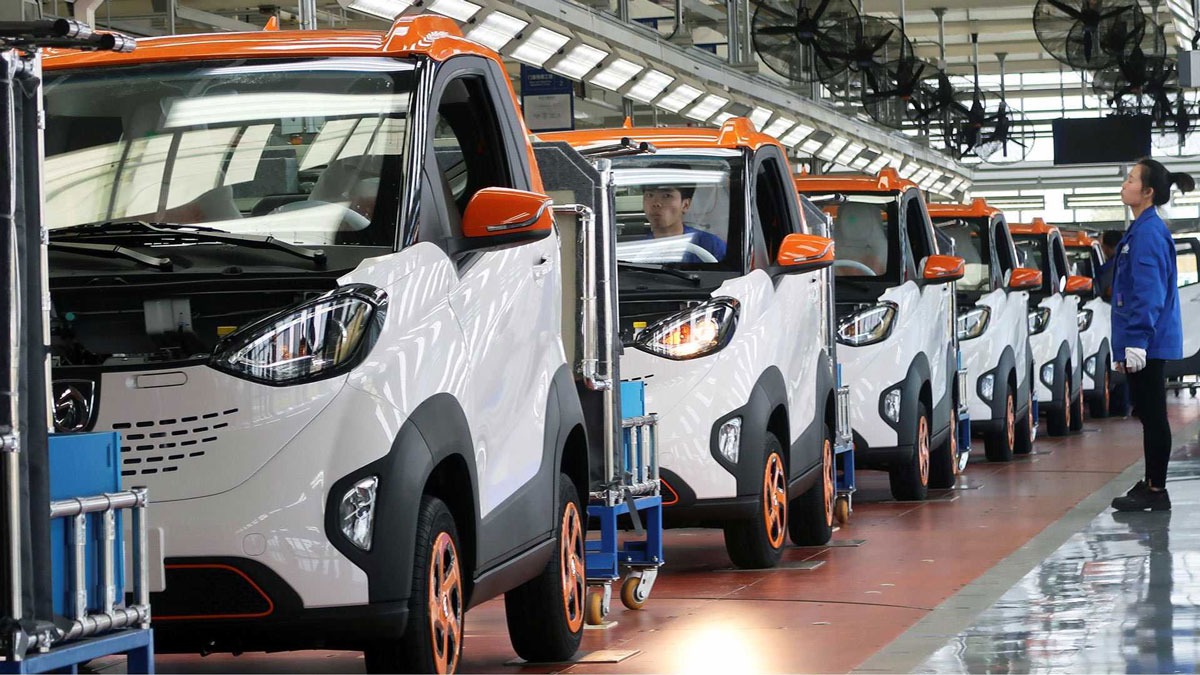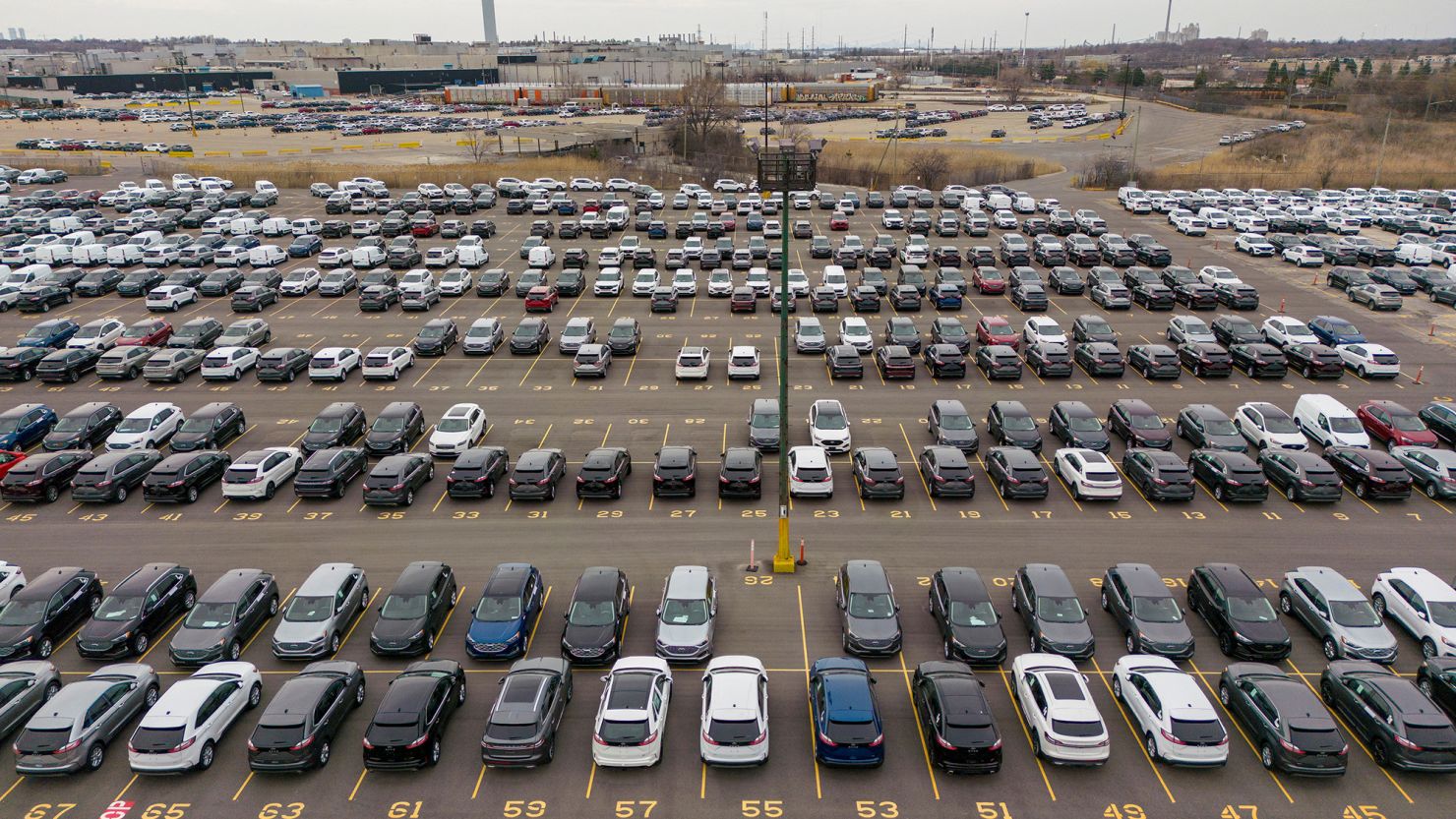Car companies may not be outright lying about fuel economy ratings, but the way these ratings are determined can sometimes be misleading.
Many drivers notice that the actual fuel efficiency of their car is lower than what was advertised. This happens because the testing methods used do not fully match real-world driving conditions.
Fuel economy ratings are determined in a controlled environment, usually in a laboratory. These tests follow standardized procedures to ensure consistency.
However, they do not account for real-world factors like traffic, road conditions, weather, and individual driving habits, all of which can significantly affect how much fuel a car uses.

The Truth About Fuel Economy Ratings
Car manufacturers often design their vehicles to perform well in these tests. This means they might use techniques to optimize fuel efficiency under test conditions, leading to numbers that may not be accurate in everyday driving.
Also Read: Are Car Manufacturers Intentionally Designing Vehicles for Difficult Repairs?
Some automakers have even been caught inflating their ratings, though regulatory agencies work to prevent this.
The Environmental Protection Agency (EPA) is responsible for overseeing fuel economy testing in the United States.
While the EPA has strict guidelines, there have been cases where manufacturers found ways to manipulate the tests to make their cars seem more fuel-efficient than they actually are. When discovered, these companies may face penalties or be required to adjust their ratings.
Many factors contribute to differences in real-world fuel economy. Driving style plays a big role—aggressive acceleration, sudden braking, and speeding can all lower fuel efficiency.
Carrying heavy loads, such as passengers or cargo, also increases fuel consumption. Weather conditions, especially extreme cold or heat, can further reduce efficiency by affecting the engine and air conditioning use.
To get a better understanding of a car’s true fuel economy, it’s best to look at independent reviews and real-world tests.
Many automotive websites and organizations conduct their own fuel economy tests to provide more accurate data. Checking multiple sources can help buyers make informed decisions.

Another useful step is to compare fuel economy ratings on the EPA’s official website. The site provides standardized test results for various vehicles, allowing consumers to see how different models perform under the same conditions. This can help buyers choose a car that is more likely to meet their expectations.
Drivers should also consider their own driving habits when evaluating fuel economy claims. If someone frequently drives in stop-and-go traffic or in hilly areas, their fuel efficiency will likely be lower than what is advertised. Understanding these factors can prevent disappointment and help drivers make better vehicle choices.
Also Read: EPA Report Reveals Automakers Fall Short on Carbon Emission Reductions and Fuel Efficiency Gains
While fuel economy ratings provide a helpful baseline for comparison, they should not be taken as exact predictions of real-world performance.
By researching independent sources and being aware of personal driving habits, consumers can get a more realistic idea of how efficient a car will be in everyday use.

